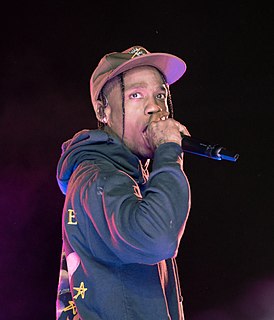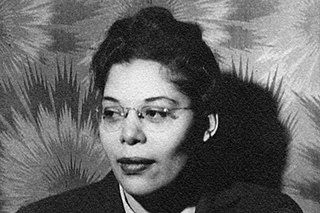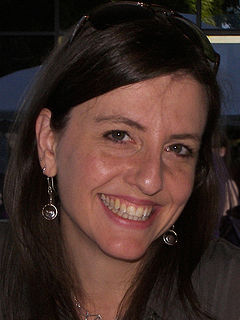A Quote by Carl Hart
I did most of my Ph.D. in Washington. They used to bring black kids through the lab for tours, and I was one of the few black researchers.
Related Quotes
Black was bestlooking. ... Ebony was the best wood, the hardest wood; it was black. Virginia ham was the best ham. It was black on the outside. Tuxedos and tail coats were black and they were a man's finest, most expensive clothes. You had to use pepper to make most meats and vegetables fit to eat. The most flavorsome pepper was black. The best caviar was black. The rarest jewels were black: black opals, black pearls.
I, however, like black. It is a color that makes me comfortable and the color with which I have the most experience. In the darkest darkness, all is black. In the deepest hole, all is black. In the terror of my Addicted mind, all is black. In the empty periods of my lost memory, all is black. I like black, goddammit, and I am going to give it its due.
All my playmates were black. I lived in a little community called Archery (ph) in a rural area. And I didn't have any white neighbors at all. So all my kids with whom I fought and wrestled and went fishing and worked in the field and so forth were African-Americans. And that was my life. So when I got to be school age, we had to separate during the daytime, but I always felt like I was in an alien environment when I was in Plains, Georgia with white kids. I was eager to get back where I belonged with my black playmates.
I went to a public high school and most of the comedy was coming from the black kids and the Asian kids and the Hispanic kids. And, the coolest kids to me where always the black kids. They were always fashion forward and they always dressed the coolest. They were always the best dancers, and just the coolest people.
I love everything black, because black is cool. When something crosses over, people are like, "Oh, this is a crossover." First of all, there is no urban anymore. Pop culture is black. White kids are dressing like black kids. It's all crossed the lines now. The way I understand it is, everything black is cool. When it crosses over to white, that means it's going from cool to uncool. That's what crossover is.
The welfare state has done to Black Americans what slavery (and Jim Crow and racism) could not have done. . .break up the black family. Today, just slightly over 30 percent of black kids live in two-parent families. Historically, from the 1870s on. . . 75-90 percent of black kids lived in two-parent families.



































